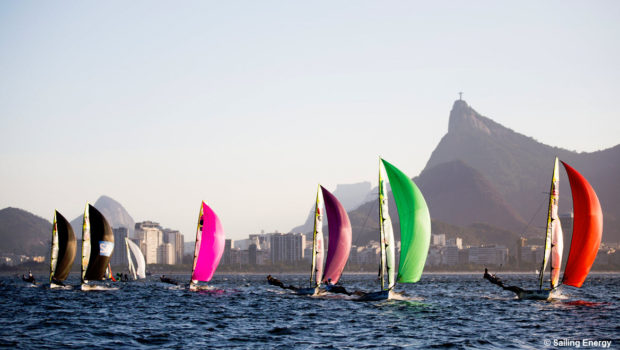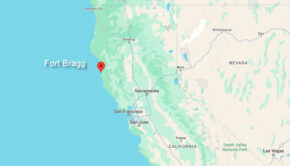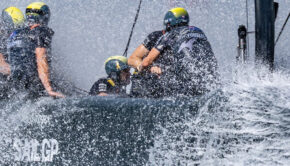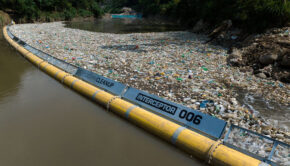Rio Water Worries Overblown
Published on June 23rd, 2016
by Jeb Blunt, Reuters
The last thing members of Brazil’s Olympic sailing team want to talk about is the water.
Presented to the international press as a team for the first time on Wednesday (June 22), the sailors were buffeted with questions about drug-resistant superbacteria and dangerous viruses found at Rio de Janeiro’s Olympic water-sports venues.
Most of the 15 sailors tried to redirect the conversation to talk about building on Brazil’s impressive sailing history, and how to win on courses that may offer the most challenging combination of winds, currents and wave conditions ever at an Olympics.
“For us (the pollution) is not an issue,” said Martine Grael, skipper for Brazil in the 49erFX two-woman skiff.
She is considered one of Brazil’s best medal hopes. With crewmate Kahena Kunze, Grael won the 49erFX World Championship in 2014 and was fifth in 2016.
“We’re focused on not making sailing mistakes,” Grael said. “This is one of the toughest venues in the world.”
Courses inside the bay are subject to shifty winds and strong and varying tides and currents. Courses outside of the bay on the Atlantic Ocean have steadier winds but often come with high waves.
“To win a medal here you have to be a complete sailor,” said Robert Scheidt, who will represent Brazil at the Olympics for the sixth time. “You have to be able to sail in a wide range of conditions.”
Pressured to talk about water quality rather than the sailing itself, Scheidt, winner of two gold, two silver and one bronze medal in five Games, said the danger has been exaggerated.
“I’ve been sailing here (in Rio) for more than 25 years,” said Scheidt, who is returning to the single-handed Laser dinghy after two Olympics in the now abandoned two-man Star class.
“I’ve never had a problem, not a single infection. Perhaps some athletes who’ve never sailed here have suffered something, but in general there’s no danger.”
Despite sewage-borne pathogens, Scheidt is more concerned about floating trash which could skew competition. Close to spectators, Rio is good for the sport’s visibility, he said. Olympic sailing has often been relegated to ports far from the host city.
“The Olympics always have an issue,” Scheidt said. “In Sydney it was sharks that could attack triathletes, in Athens it was fear of terrorism, in Beijing it was pollution. In Rio it’s the water and Zika. But I don’t think this should impede the realization of a great games.”
Reporting by Jeb Blount and Sergio Queiroz; Editing by Tom Brown.









 We’ll keep your information safe.
We’ll keep your information safe.